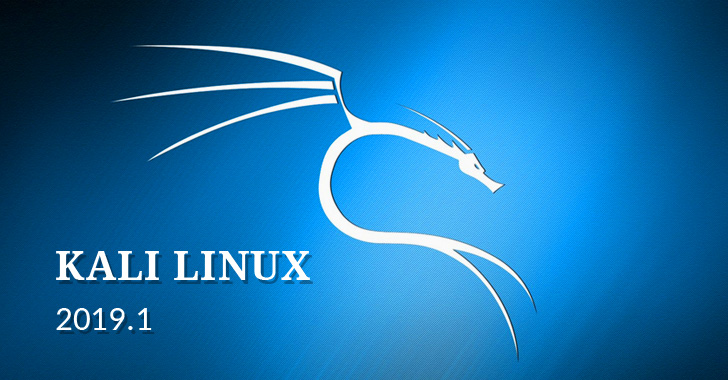Kali Linux 2019.1 Security Testing Distribution Released
The release of Kali Linux 2019.1, a distribution designed for security testing, auditing, forensic analysis, and investigating the aftermath of cyberattacks, has been announced. All original developments created within the distribution are released under the GPL license and are available through a public Git repository. You can download a full ISO image (3.2 GB) or a minimal image (929 MB). Builds are available for x86, x86_64, and ARM architectures (armhf and armel, including Raspberry Pi, Banana Pi, ARM Chromebook, and Odroid).
In addition to the standard build with GNOME and the minimal version, there are also variants with Xfce, KDE, MATE, LXDE, and Enlightenment e17 desktops.
Comprehensive Security Tools
Kali Linux includes one of the most complete collections of tools for cybersecurity professionals: from utilities for web application testing and wireless network penetration, to programs for reading data from RFID identification chips. The distribution comes with a collection of exploits and over 300 specialized security testing utilities, such as Aircrack, Maltego, SAINT, Kismet, Bluebugger, Btcrack, Btscanner, Nmap, and p0f.
Additionally, the distribution includes tools for accelerating password and WPA key cracking (Multihash CUDA Brute Forcer and Pyrit) by leveraging CUDA and AMD Stream technologies, which allow the use of NVIDIA and AMD GPUs for computational tasks.
What’s New in This Release
- Updated versions of included components, including the Linux 4.19 kernel (previously 4.18).
- Upgraded Metasploit vulnerability analysis platform to version 5.0.
- Updated theHarvester to 3.0.0 and DBeaver to 5.2.3.
- Added support for Banana Pi and Banana Pro boards in the ARM build.
- Unified Raspberry Pi builds, now including the
kalipi-tft-configscript for TFT LCD setup, eliminating the need for separate images for boards with attached screens.
For more information and downloads, visit the official Kali Linux website or the public Git repository.



